This is an Easy Read fact sheet on how to protect your health and stay safe around COVID-19.

The NSW Government wrote this guide.
When you see the word ‘we’, it means the
NSW Government.

We wrote this guide in an easy to read way.
We use pictures to explain some ideas.

We have written some words in bold.
This means the letters are thicker and darker.
We explain what these words mean.

You can ask for help to read this guide.
A friend, family member or support person
may be able to help you.
Face masks
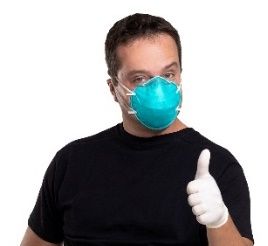
Wearing a face mask is a good way to
protect yourself from COVID-19.

You may be asked to wear a face mask when you:
-
go to hospital
-
see a doctor
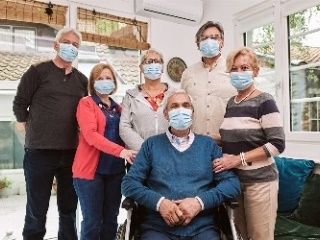
- go to an aged care home – a place where older people live.

It’s a good idea to wear a face mask when you’re in a public indoor space, or somewhere that’s crowded.
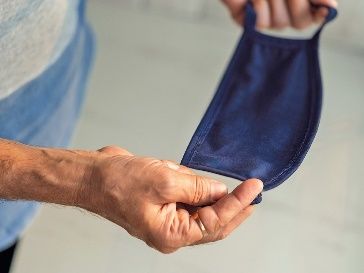
You should carry a face mask with you just in
case you need to wear it.
Washing your hands
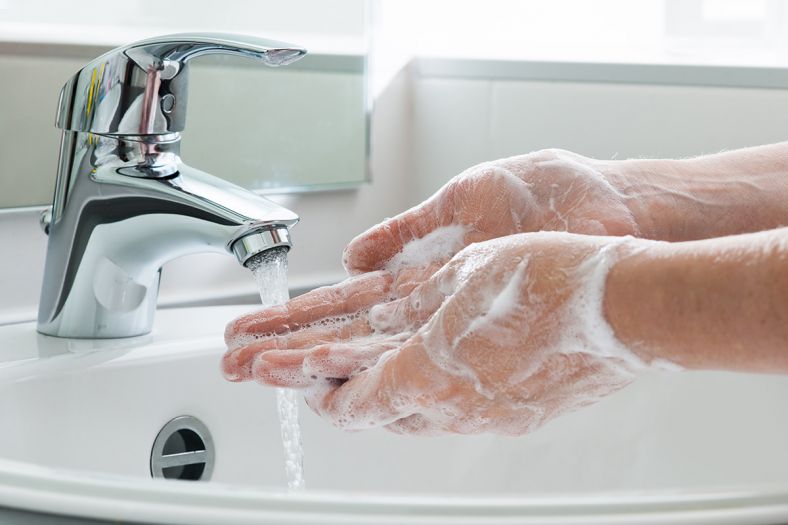
You should wash your hands:
- with soap and water
- for at least 20 seconds.

If you can't wash your hands, you can use
hand sanitiser.
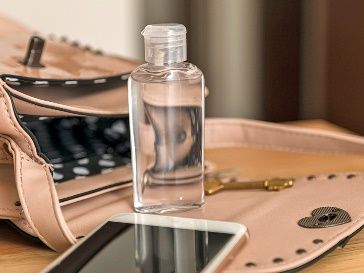
You should bring hand sanitiser with you
when you leave your home.

Always wash your hands:
- before you eat

- when you come home.
Safety at home
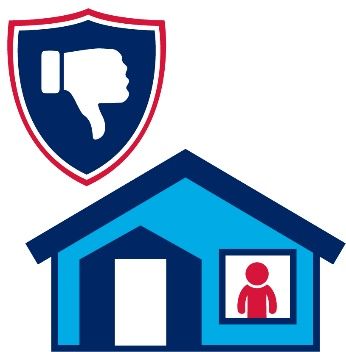
There are services you can contact if you:
- don’t feel safe at home

- experience family and domestic violence.
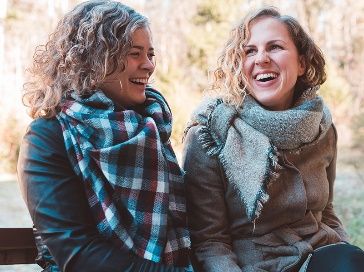
Family and domestic violence is when you
are hurt by someone close to you, such as:
- your boyfriend, girlfriend or partner
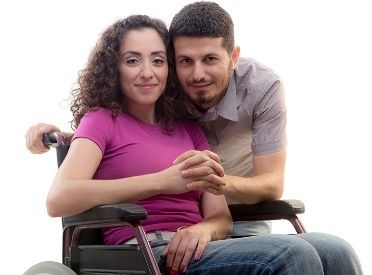
- your husband, wife or spouse
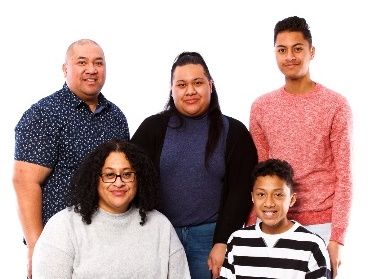
- a member of your family

- someone who takes care of you.

You can call our Domestic Violence Helpline.

You can call the Service NSW
COVID-19 Helpline.
![]()
For more advice on how to stay safe and prevent the spread of respiratory viruses including COVID-19, visit nsw.gov.au